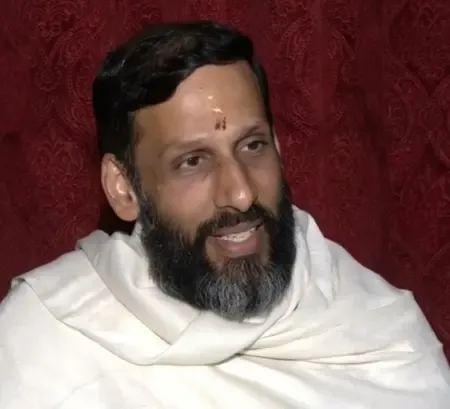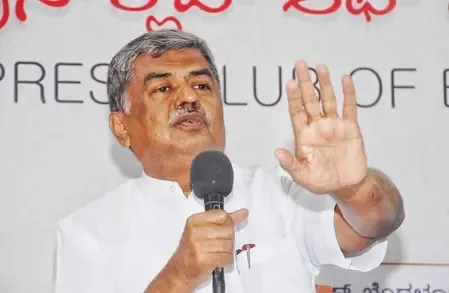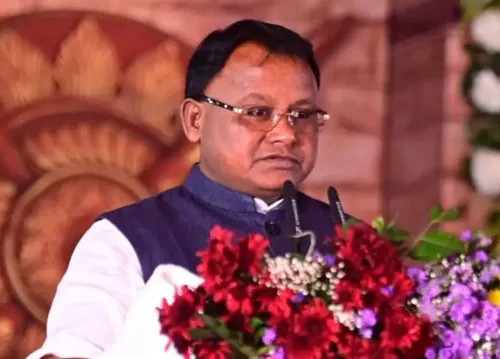Indians Can Prevent Power Crisis and Save Rs 2.2 Lakh Crore with Efficient ACs

Synopsis
Key Takeaways
- Doubling AC energy efficiency could save Rs 2.2 lakh crore.
- ACs could cause a 120 GW peak demand by 2030.
- Replacing old ACs with BEE 5-star models can save up to 60% energy.
- Revising MEPS standards could prevent 10 GW shortages by 2028.
- Efficient ACs could yield net savings for consumers by 2035.
New Delhi, March 26 (NationPress) As India prepares for another scorching summer, a recent study revealed that the nation has the potential to avert significant power shortages and save consumers up to Rs 2.2 lakh crore ($26 billion) by enhancing the energy efficiency of room air conditioners (ACs) over the next decade.
Conducted by researchers from the India Energy and Climate Center (IECC) at the University of California (UC) Berkeley, the study underscored that India is adding between 10-15 million new ACs annually, with an additional 130-150 million anticipated in the next ten years.
In the absence of policy measures, ACs could contribute to a peak power demand of 120 GW by 2030 and 180 GW by 2035, accounting for nearly 30 percent of the anticipated totals.
“This surge is outpacing India’s power supply and could trigger significant electricity shortages as early as 2026,” stated lead author Nikit Abhyankar, a faculty member at UC Berkeley.
“ACs are emerging as one of the primary contributors to peak demand, and without intervention, we face the risk of blackouts or expensive emergency solutions. However, with strategic policy, we can transform this into a benefit for consumers, manufacturers, and the power grid,” he added.
This research emerges as the Union government intensifies its efforts for energy-efficient cooling solutions. The Bureau of Energy Efficiency (BEE) has urged air-conditioner manufacturers to hasten the adoption of BEE 5-star-rated models.
The BEE suggests that replacing older ACs with BEE 5-star-rated models could result in substantial advantages, including up to 60 percent energy savings, decreased peak power demand, improved grid stability and energy security, significant climate impact, and a reduction of millions of tonnes of CO2 emissions annually.
Furthermore, the study recommended revising India’s Minimum Energy Performance Standards (MEPS), starting with a 2027 update that elevates the 1-star label to ISEER 5.0 — equivalent to today’s 5-star standard — and tightening standards every three years.
This initiative alone could prevent 10 GW of shortages by 2028, 23 GW by 2030, and 60 GW by 2035, which is comparable to 120 large power plants.
“This is not merely about long-term energy savings; it’s an immediate solution for grid reliability,” Abhyankar remarked.
Efficient ACs also present substantial consumer benefits. Despite slightly higher initial costs, they could yield net savings of Rs 66,000–2,25,000 crore ($8–26 billion) by 2035, recovering their costs within 2–3 years through reduced electricity bills.
The study also advocated for the revision of AC testing procedures to more accurately reflect India’s humid climate, where comfort is dependent not just on cooling, but also on moisture removal.










